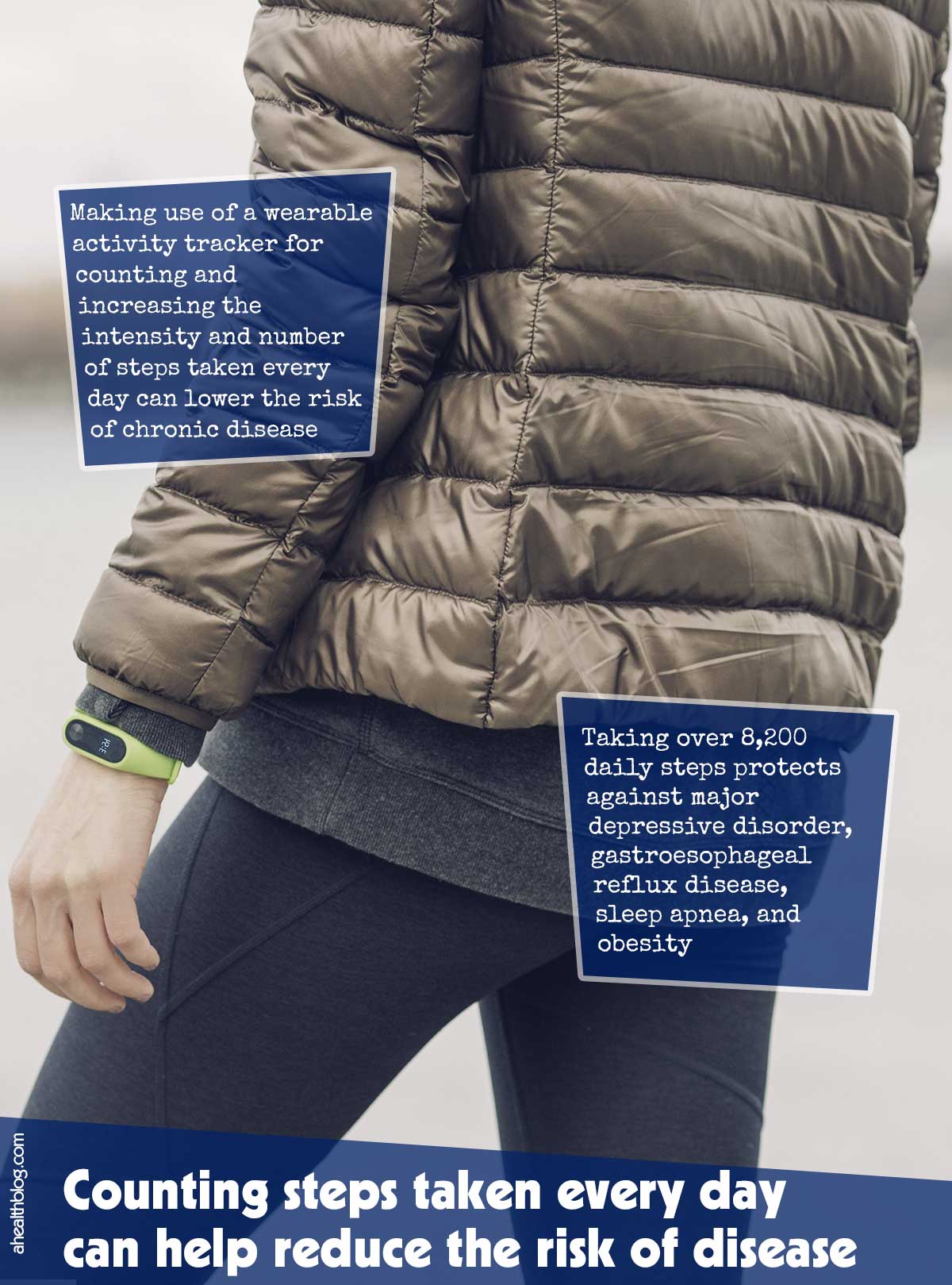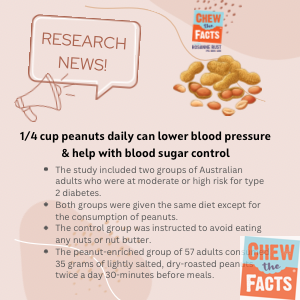NC brain have faith in retains concentration on ‘seriously ill’
By most of 2019, high-degree North Carolina wellness industry experts were being examining the requires of the ‘seriously ill’ population in the condition. When COVID-19 arrived in 2020, it was very clear much more remained to be carried out for people who are in just a 12 months of dying.
By Thomas Goldsmith
Severely.
Which is the way North Carolina well being-treatment industry experts want the state’s health and fitness care technique and broader community to take into account and support fellow inhabitants with situations that endanger their lives and lifespans.
The Activity Power on Significant Ailment Care suggested strengthening finish-of-daily life treatment and arranging as significant requires that call for more interest. The team, convened by the North Carolina Institute of Medicine, also dealt with broader gaps in North Carolina’s coverage and apply. A key thrust was to ensure that lawful and health care applications that come at the end of life are in position for critically sick persons.
 100vw, 650px”/></source></source></picture></p>
<p>These are clients who really do not normally get best procedure in North Carolina, according to the undertaking power. The <a target=)
The 60-in addition members of the Undertaking Drive on Severe Illness Care say it is time to build a “system and culture” to build a greater quality of life for individuals dwelling with really serious sickness, as well as their caregivers and communities. The advice of the endeavor drive initial appeared in a revised report in June and are finding a continued drive by the North Carolina Critical Disease Coalition.
The process pressure report describes a critically unwell human being as another person whose dying in a year would not surprise an involved specialist, these types of as a medical professional or nurse.
“Part of the rationale that we required to hold that definition is that a large amount of our conversations and recommendations deal with issues like superior treatment preparing and conclusion-of-daily life care,” claimed Michelle Ries, affiliate director of the NCIOM. “These are conversations that health care suppliers as very well as lawful vendors, authorized gurus and money specialists require to have with their patients and their customers.
“Those are discussions that we required to make sure had been staying had throughout the trajectory of an disease, not at a time when a affected person or family would be definitely taken by surprise by that conversation.”
Virus changes everything
Forming in 2019, the group done its planned perform and noted by its January deadline.
Then, the novel coronavirus and ensuing pandemic began its reign of terror correct on the heels of the original report. Players from all sectors quickly confronted new healthcare and logistical difficulties as well as key stresses on patients, caregivers and public and private overall health treatment units.
North Carolina Health News a short while ago interviewed three principals of this evolving effort on individual events. Some of their responses, evenly edited, sort a Q&A under on how the group resolved challenges and how it continues as a coalition to deal with problems in some cases lacking a large general public profile.
Responding to thoughts ended up Catherine Sevier, condition AARP president Ries, associate director, North Carolina Institute of Drugs and Dr. Laura Patel, chief medical officer, Transitions LifeCare, an corporation providing hospice and palliative care products and services in the Triangle area and past.
NCHN: What varieties of sufferers regarded as significantly ill, as opposed to those who may be quite ill, but are not always in close proximity to demise?
SEVIER (AARP): Let’s say some had been people who smoke. They formulated heart ailment, and they may well have diabetes together with that coronary heart sickness, and they’re ill.
But they’re not imminently possible to die. And then one thing occurs. They catch a lousy chilly or their issue worsens a bit just as they age in, and factors get out of management and then they’d be definitely unwell.

NCHN: How would clinicians alter treatments for a individual who enters this phase?
SEVIER: We act in different ways as soon as we’re seeing that person get that change. We overload distinctive sources. “Not currently being astonished that they die in a year” actually is an indicator that they need extra care than they traditionally have gotten, and we want the procedure to intervene aggressively.
NCHN: How did the organizers handle the matters that touch the life of so several people today across North Carolina?
PATEL (Transitions LifeCare): What they did was carry collectively a really significant, various group of folks from a ton of distinct parts. I consider it was absolutely an evolution, with a whole lot of emphasis on education and learning and info at the commencing and then truly striving to get to an understanding of what was wanted in the point out and getting to distinct tips.”
Adjustments in conclusion-of-existence care
NCHN: How did the pandemic alter families’ potential to make conclusions about paperwork like the DNR (do not resuscitate purchase), the MOST form (Clinical Orders for Scope of Procedure), and wellness care powers of lawyer?
PATEL: Some sufferers were in a weeks-extensive procedure of currently being unwell in unique locations and the household virtually hadn’t been able to see them until the affected person was on his very last working day in the healthcare facility.
It was so very complicated for family members to make choices and to be equipped to appear to phrases with people decisions. We are likely to see a ton of intricate grief from that. And it is been just an exceptionally attempting time for every person.

NCHN: In particular presented the onset of COVID-19, what variety of implications does the process force’s function have for people who would not generally be thought of at death’s doorway?
RIES (NCIOM): A lot of the people and families that it is aimed towards are older, over 60, but these are also conversations that can and really should be had previously in daily life. When you’re starting that planning for our retirement when you’re 25, they say, “Start a 401K.”
Yeah, but also it’s possible, fill out your progress treatment documents. A lot of the discussion that we had was about normalizing that dialogue.
NCHN: What are the vital aims of this task force and continuing perform?
SEVIER: We want get the job done in the state-of-the-art treatment preparing to make it straightforward for folks to make their wishes recognized, but still secure their privacy and their lawful files. We need assistance with telehealth and broadband, simply because with no broadband, you cannot do digital visitation.
Those people two parts want awareness and the 3rd just one is legislation all-around caregivers and respite care that people today need to have when they’re getting care of anyone that is critically ill.
NCHN: What floor-stage improvements in statute or restrictions did the activity force counsel?
RIES: There are a pair of tips all over modifying the witness and notary needs for advanced treatment scheduling documents simply because we read from quite a few suppliers about caregiver reps as well about people that definitely confronted logistical limitations in meeting people necessities for two unrelated witnesses and a notary. That is specifically legitimate for individuals who could not have as lots of money or other sorts of resources.”

A lot more alterations in advance
NCHN: What are some of the existing gaps in the technique that have grown far more evident all through the pandemic?
RIES: If you have any person who’s struggling with a critical sickness, and has a number of companies, the affected individual will require obtain not only to telehealth but also a method that is extra interoperable. What we’re observing the two with telehealth and the interoperability queries is that our point out wants much more sturdy broadband companies in rural communities.
We experienced recommendations on that as very well mainly because if you are likely to extend telehealth, you have to be able to join people today and join vendors and clients. So there has to be ongoing financial investment in that as properly.
NCHN: Can you give me an illustration of the significance of interoperability, of staying equipped to converse health care and technical information and facts among parties doing work on diverse techniques?
PATEL: If you can not see facts in true time, when you have to have it, and that info also just cannot be communicated again to the client and the family members, it’s not helpful. And a ton of our [electronic medical records] have been intended a lot more to meet billing needs than basically to connect.
What do you suggest, “serious”?
The NC Activity Power presents definitions and perspective on the expression of art “serious illness”:
“Serious ailment happens when long-term or acute well being situations turn out to be major adequate to have an impact on a person’s basic well being and functioning, and the sickness is most likely daily life-threatening. For people with severe illness, it is doable that the efficiency of healing cure will reduce, and the emphasis of care may perhaps shift toward convenience.
“Throughout the function of theTask Pressure on Severe Disease Treatment, the task pressure employed the over definition of ‘serious illness,’ as effectively as the further context that the undertaking power scope was outlined by persons for whom a wellness treatment service provider would not be amazed if they ended up to die in the following calendar year.”
— NC Task Drive on Major Health issues
Disclosure: Both of those the Duke Endowment and the AARP are NC Wellbeing Information sponsors. NCHN sponsors are not offered input into editorial selections, even nevertheless at times their representatives may perhaps be interviewed for tales.









